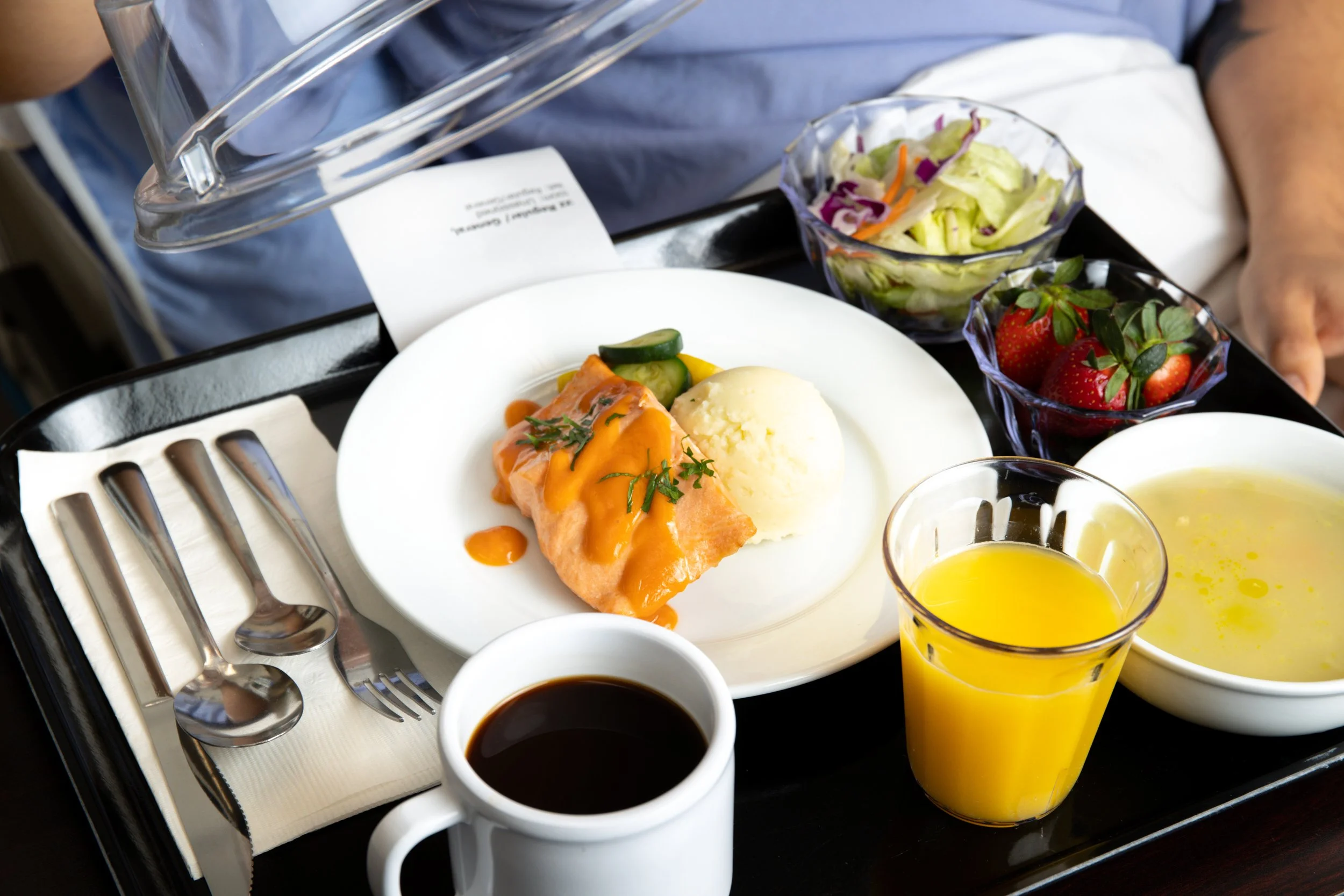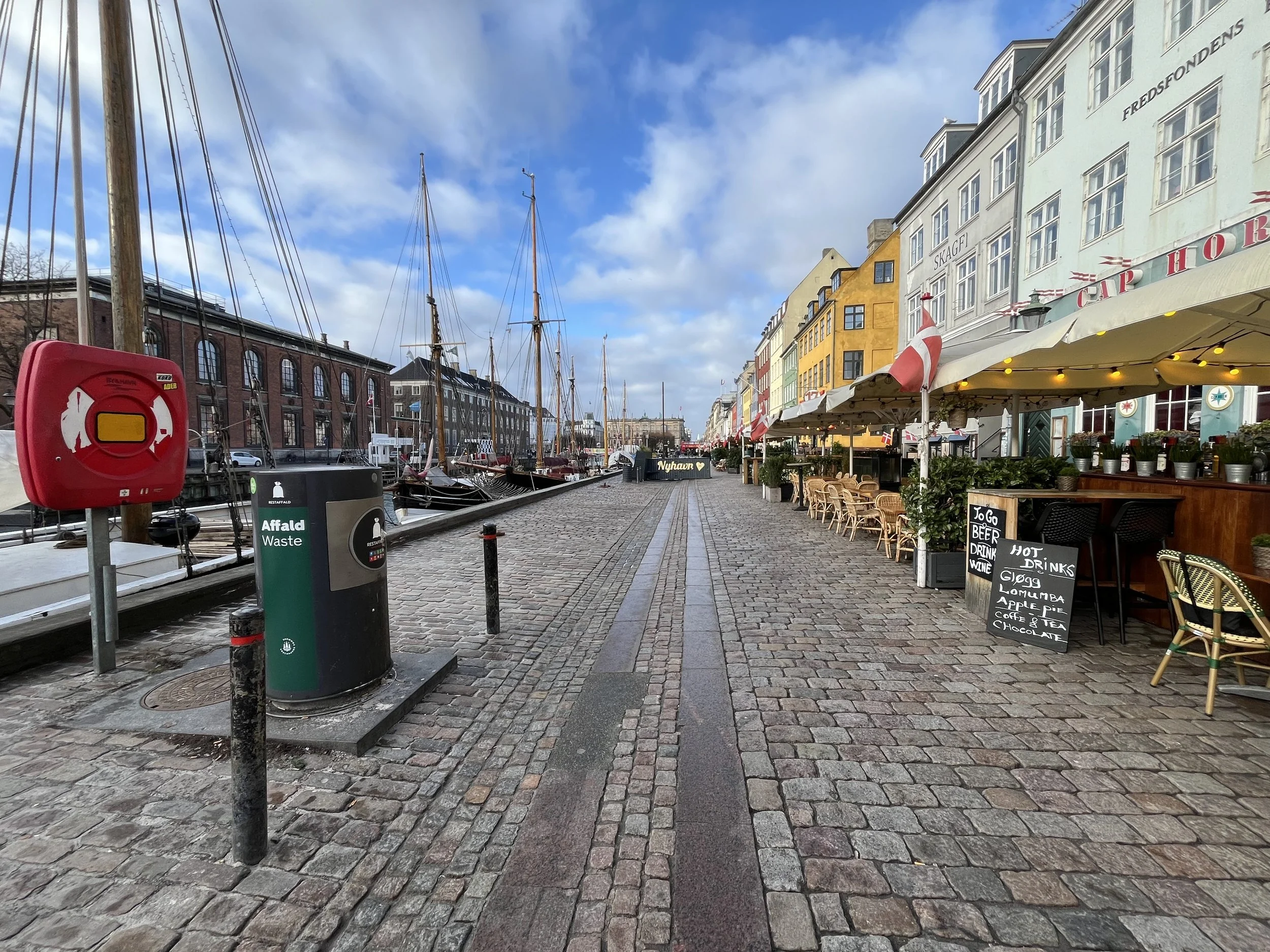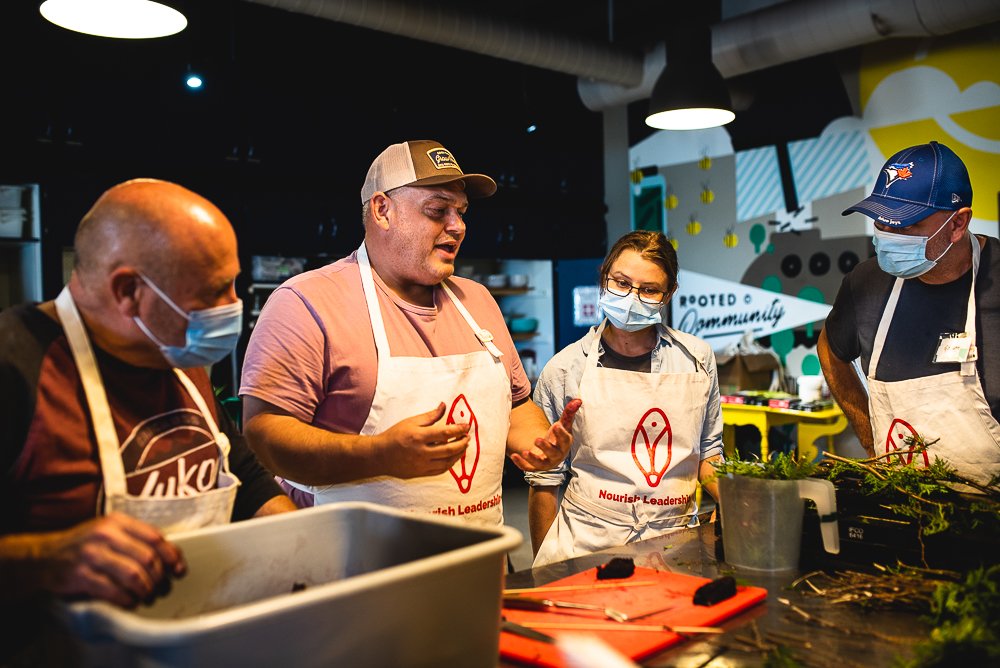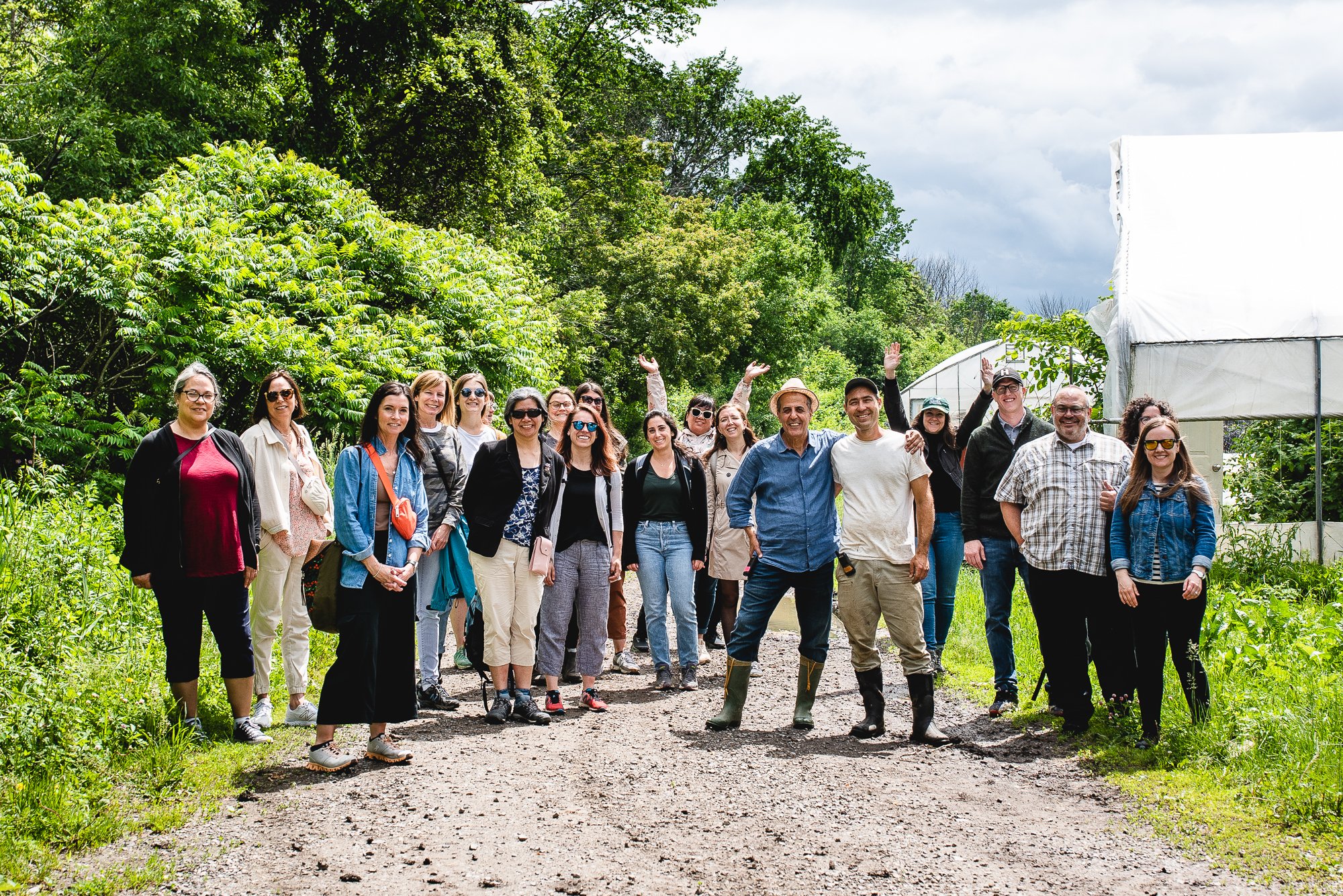Kelly Gordon is a Nourish innovator and is a Registered Dietitian currently working with the Six Nations of the Grand River. Kelly is Kanyen’keha (Mohawk), bear clan and a proud mother of two energetic children. Her current focus is working to integrate Traditional knowledge into her everyday practice, supporting community members on their journey towards wellness.
“As health care providers, we need to address the social, emotional, mental and spiritual dimensions of the relationship that people have with food.
”
When most dietitians advocate for the role of food in health and healing, we emphasize the physical and nutritional impact it has on our bodies. However, as health care providers, we need to address the social, emotional, mental and spiritual dimensions of the relationship that people have with food.
I have been working as a registered dietitian for 15 years and as an regulated health provider, I choose to weave these dimensions into my dietetic practice. At Six Nations Health Services, I work to improve the community members’ relationships with food. When people are instructed that they need to choose ‘healthier fats’ or have to ‘eat smaller carbohydrate portions’, it can be irrelevant when they may present as food insecure or have been impacted by trauma. For me, it is about listening to and understanding them so that I can draw from their experiences to expand their relationship with food. This can be the starting point to highlight the kind of positive behaviour change that can co-exist with their needs.
My personal journey developed during my bachelors of science from the Nutrition and Dietetics program at McGill University. I ended up doing a work study placement at the Centre for Indigenous Nutrition and Environment (CINE) where they connected me with other Indigenous dietitians. My university years were deeply formative to me in connecting more deeply with my own Mohawk roots and learning about the importance of food in community health. However, the impacts of community health and food insecurity are not discussed enough at school. We didn’t talk about the environmental impact of how food is grown, or the relationship between food and land. This may be the reason why dietitians are prone to work in more clinical settings instead of working in community health, because we’re trained to see ourselves most fitting into a clinical environment.
With dietitians, this leads to an underlying expectation around the judgemental responses people anticipate us to give. I’m often sitting around people who exclaim “don’t look at what I’m eating, it’s not good!” when they find out I’m a dietitian. When people say things like that, I think about what their connection is with their food that triggers this fear of judgement. I also consider the kind of food and healthcare culture we have that reinforces this shame and stigma when it comes to what we eat.
As dietitians, we need to learn that we’re not just here to fix a ‘problem’. This is a colonial mindset in healthcare that is challenging to overcome. Our mandate to provide safe and reliable health information is inherently biased around a particular set of criteria that determines what is evidence-based and quantifiable. Why do we overlook Indigenous wisdom derived from generations of community-based and historical knowledge?
“A lot of my learning comes from my interactions with the Six Nations community and following the direction and voices of Indigenous community members. As a dietitian, I don’t come in claiming to be an expert, but as a person who will listen, learn and support.”
We need to learn how to shift the current perception around the dietitian’s role, and the role of the health care provider overall. This means moving away from dominant western biomedical care practices and establishing a model of care rooted within Indigenous practices and food ways. It is crediting Indigenous wisdom as reliable and trustworthy information. A lot of my learning comes from my interactions with the Six Nations community and following the direction and voices of Indigenous community members. As a dietitian, I don’t come in claiming to be an expert, but as a person who will listen, learn and support.
We need to learn that even the term “healthy food” should be challenged. The idea of “healthy” foods has become limiting and is causing shame around what people should or should not eat. There is a role for Indigenous knowledge to inform a more holistic understanding around what is nourishing food, and to enable us to re-examine people’s emotional, cultural and spiritual connections to food, as well as food’s connection to land and the greater environment.
The way that we eat is a massive contributor to the environment beyond our physical selves. If we look at the ways that our ancestors have nourished their whole selves by eating the foods that grew in their local regions, and by eating in amounts that allow all to eat, we find practices embedded in the Seventh Generation teachings. How we eat and practice in our daily lives should be mindful of what the world should look like seven generations from now. Our teaching around food and foodways shifts us to being more mindful about the good energy we pour into how we obtain and prepare our foods, and to being thankful for our food and who prepared it. This allows us to cultivate a more meaningful and mindful relationship with food that nourishes our bodies, minds and spirits.
“Self-awareness and understanding has to go hand-in-hand with the actions taken for true reconciliation to happen.”
This kind of mindful work takes a lot of time and effort and it can’t be done quickly. Right now, I’m working with a team of dietitians and food service professionals from across the country on a project where we want health care organizations to acknowledge and provide Indigenous and Country foods. However, choosing to source and serve Indigenous foods cannot just be a checkbox. It needs to be about stepping back and gaining more self-awareness around why it is so valuable and important to include traditional foods and food ways. Self-awareness and understanding has to go hand-in-hand with the actions taken for true reconciliation to happen.
Myself and fellow Nourish innovator Shelly Crack at the Reconciliation Totem Pole in British Columbia.
Recently, I presented at the Dieticians of Canada conference in Vancouver and visited the Reconciliation Totem Pole at the University of British Columbia with fellow Nourish Innovator Shelly Crack. This beautiful structure created by a Haida artist symbolizes a violent and brutal break in Indigenous culture with residential schools. This made me reflect on how like a bone, when culture is broken, it may never function the same way. However, the more important question is the one around healing -- when something breaks, what kind of physical, emotional and spiritual rehabilitation is required to nourish and build up strength again? I believe that food is a great way to nourish, but it is also a critical part of starting and continuing these kinds of difficult conversations.










